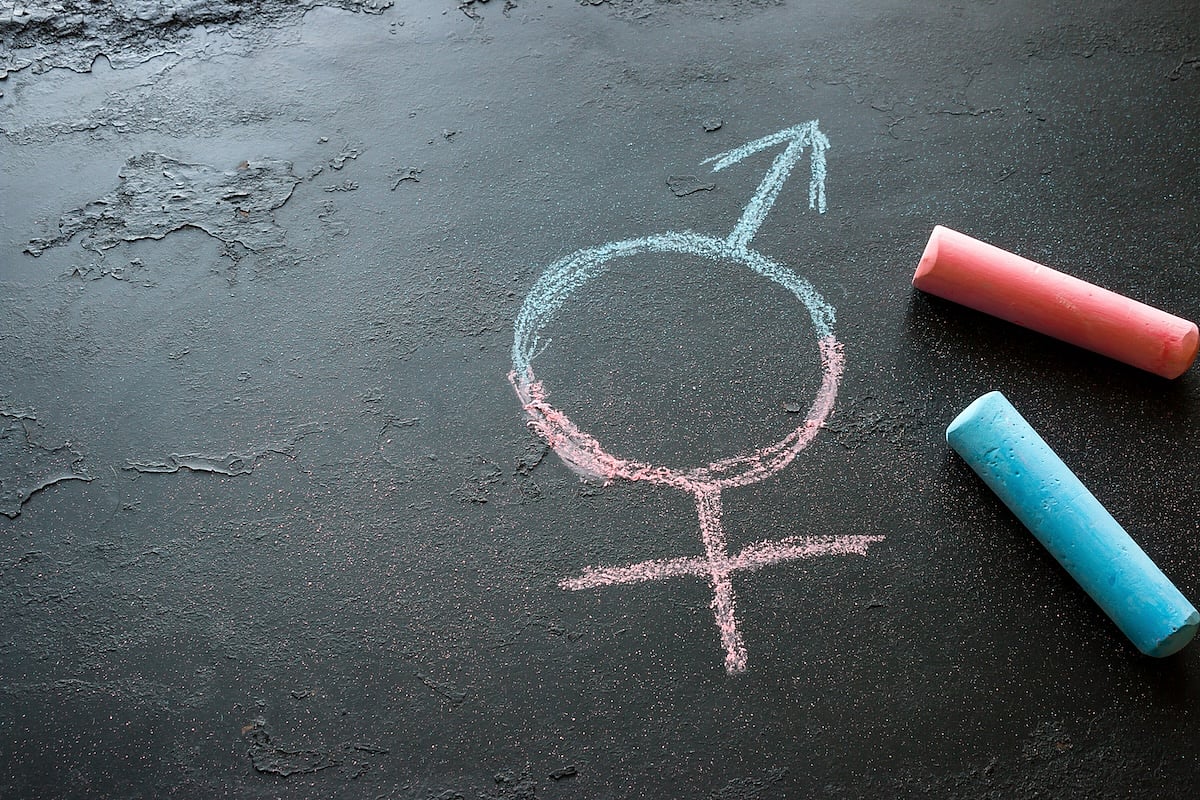Get Healthy!

- Posted August 22, 2024
State Laws Strongly Affect Mental Health of Trans People, Study Finds
THURSDAY, Aug. 22, 2024 (HeathDay News) -- There's a strong association between a state's policies and laws around the rights of transgender people and the mental health of transgender residents, a new study shows.
"Trans individuals who were worried about having their rights taken away had significantly higher odds of experiencing depression and anxiety symptoms," the study authors reported Aug. 22 in the journal JAMA Network Open.
"Contrarily, those who knew about the state-level protective legislation, specifically protections against hate crimes, had lower odds of depression and anxiety symptoms," said a team led by Arjee Restar, an assistant professor of epidemiology at the University of Washington in Seattle.
As Restar's team noted, there's been a vigorous movement in recent years to either restrict or preserve a trans person's access to health care and other services, depending on the state they live in.
"In the last few years, states within the U.S. have advanced a record number of bills targeting the restriction of lesbian, gay, bisexual, trans and other queer protections and rights; as of June 2024, more than 598 bills across 43 states had been introduced, with 43 passed specific to targeting trans people’s rights," the research team noted.
Not all states have enacted such laws.
In Washington state, for example, "several measures have been taken to protect trans rights," Restar and her team pointed out. Those measures include legislation that bars discrimination against trans people in the workplace, schools and housing, as well as measures barring the denial of health insurance coverage for treatments specific to trans people.
Does knowing about these measures make a difference for the day-to-day mental well-being of transgender people?
To find out, the Seattle team surveyed almost 800 trans adults living in Washington state in March and April of 2023.
Most (about 86%) did say they currently did have some level of depression -- a figure that's much higher than was found in earlier studies.
"This was likely because data from those studies may capture the prevalence of mental health outcomes with a dataset that predates 2021, when anti-trans legislation in the U.S. first started escalating," the researchers said.
Overall, trans people who said that they worried about their rights being taken away were 66% more likely to be battling depression, and almost three times as likely to suffer from anxiety, compared to those who said they weren't worried, the study found.
Whether or not they knew about Washington state's efforts to protect their rights was key, however.
Participants who said they were aware of Washington's efforts to safeguard trans people's rights had a 56% lower odds for current depression and an 89% lower odds for anxiety, compared to those who weren't aware, the researchers found.
"Those who knew about the state-level protective legislation, specifically protections against hate crimes, had lower odds of depression and anxiety symptoms," Restar's group said. "Trans individuals who correctly knew about the protective policy and were not worried about having their rights taken away reported the lowest odds of depression and anxiety."
All of this highlights the "crucial role" legal protection plays in safeguarding the mental well-being of trans people, the authors concluded.
More information
There's more the impact of local legislation on transgender mental health at the American Psychological Association.
SOURCE: JAMA Network Open, Aug. 22, 2024


